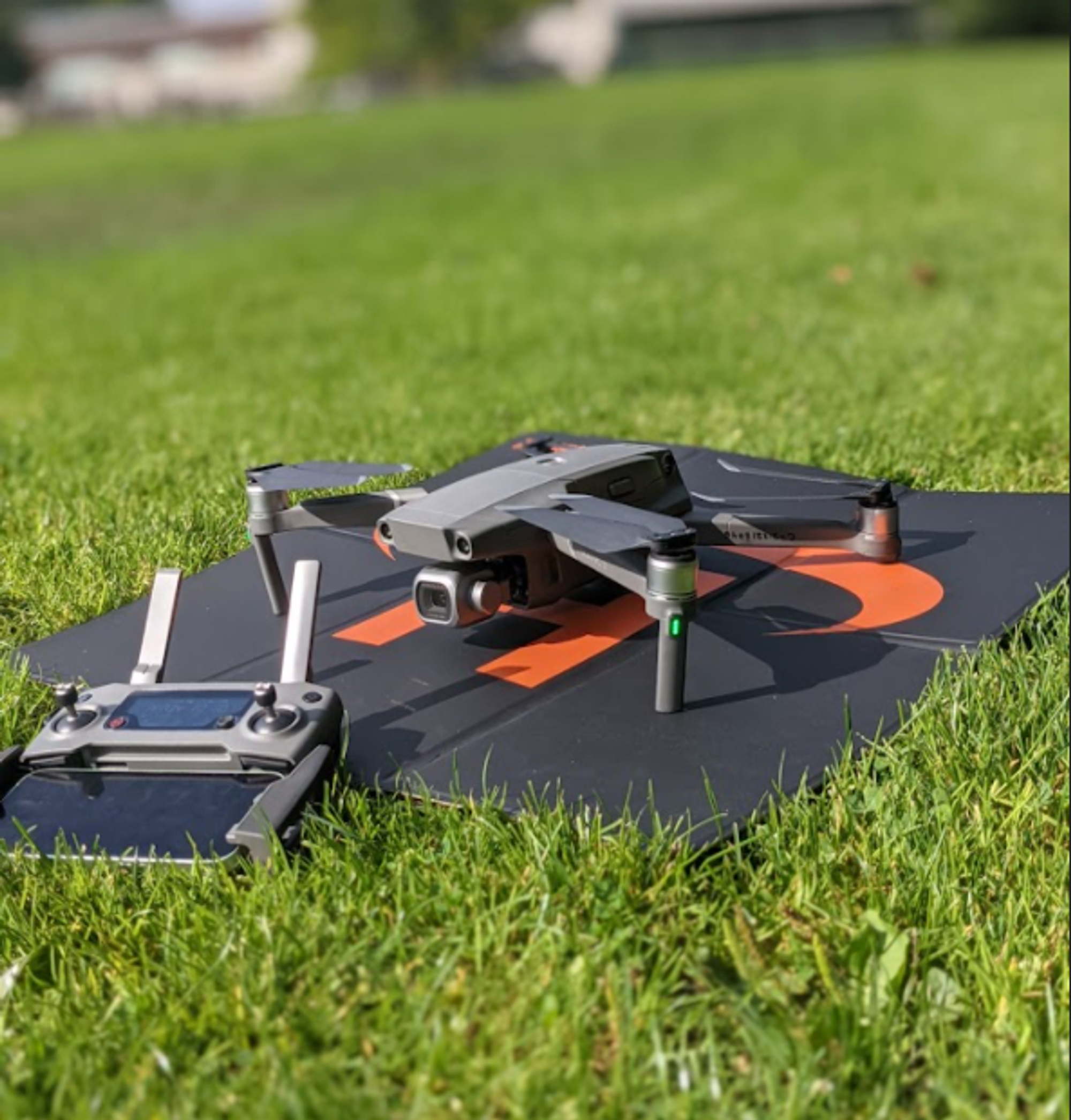Overall Logistics
- Bookmark the Working Group’s landing page. All key info centralized there.
- Join our Working Group’s Slack channel by:
- Joining the AISC Slack
- Go to ‘channels’ → ‘add channels’ → join ‘wg-on-urban-forestry’.
- Main source of announcements & collaboration.
- If having trouble joining, drop ‘ammar@ai.science’ an email. He’ll add!
- [ENTIRELY OPT] Virtual environment - Google Colab.
- Google Colab is essentially a Google Cloud hosted Juypter notebook.
- Synchronizes everyone’s environments for easier collaborative bug fixing.
- Gives free GPU access. Google Colab - How to use it
Working Group Journey
Session #1:
- Get to know each group. [Introduction by nomination!]
- We will introduce the problem - why it matters, what prompted you to be a part of this work session.
- Share Recipes of this project.
Session #2:
- Discuss previously shared Recipes.
- Address confusions.
Session #3:
- Anyone interested in applying to the Core Team must present a Recipe sharing pre-research that shows how they would ‘approach’ the problem. Doesn’t have to be comprehensive, just enough to show how you’d think about it.
- If shy to present, can just send in the Recipe. Talking about it during the session is optional.
- The following are two samples on how different people would approach the simple ‘Kaggle Titanic Problem’. Expecting something like that.
- Within 3 days of the session, we’ll send an invitation to everyone who made the Core Team.
Session #4+ [1-2 months]:
- Regardless of if you made the Core Team, you’re welcome to attend & spectate.
- Core Team will work towards the project problem.
- Will be appropriately recognized at the conclusion of the project! [For your portfolio / blog / Social Media]
- Everyone will fill out a silent survey at the end to help determine how the $2500 in gifts should be fairly distributed in the Core Team.

